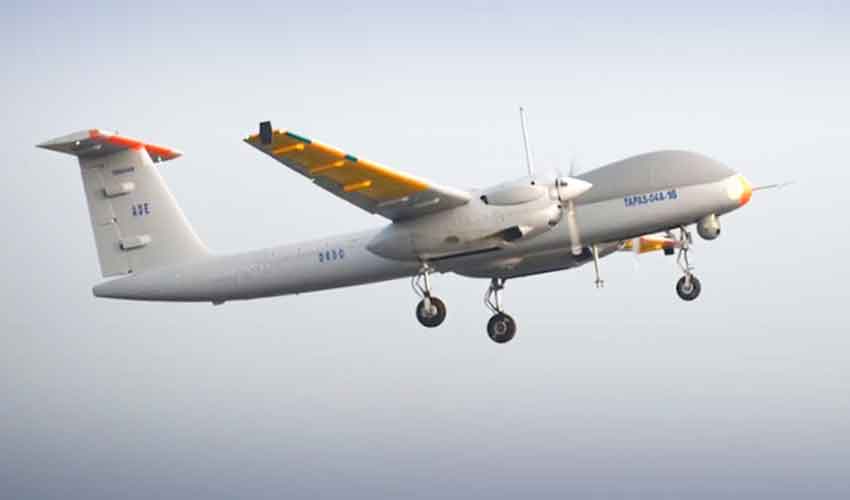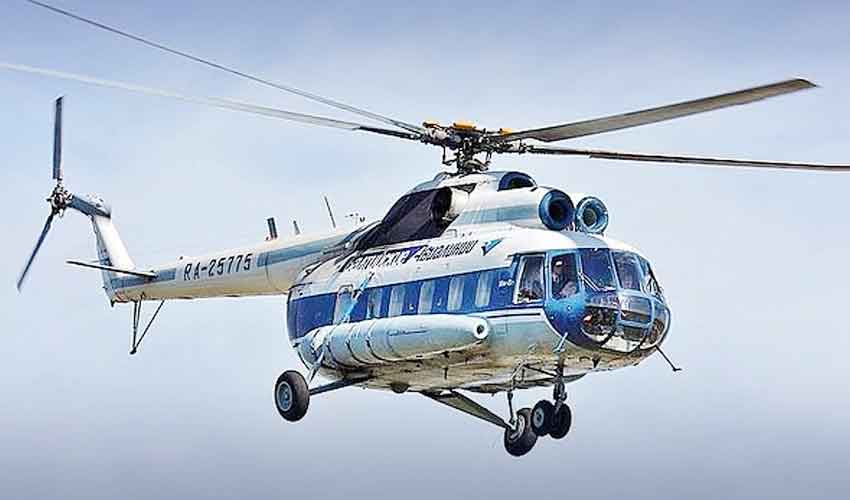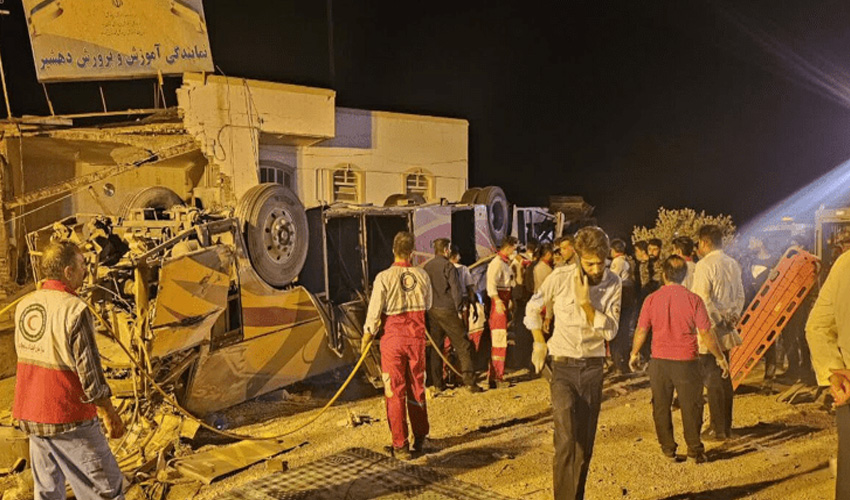The latest blow to the Indian government's ambitious defence modernization plans comes with the reported failure of the TAPAS, an unmanned aerial vehicle (UAV) project.
Launched in 2011 with a projected completion date of 2016 and a budget of Rs16.5 billion crore, as per India Today news channel.
The project has now been scrapped on January 14, after failing to deliver its promised capabilities despite pouring in Rs17.86 billion into it.
#India shelves Advanced #TAPAS drone project, dealing blow to indigenous capabilities- raising questions on high-budget project management under #Modi.
— SAMAA TV (@SAMAATV) January 16, 2024
Project faced delays, soaring costs (Rs1,786 cr), and failed to meet military requirements.#SamaaTV pic.twitter.com/iQ2CHUi90g
The TAPAS drone, touted as having a 24-hour flight endurance at an altitude of 30,000 feet as per the Indian government, faced repeated delays for 10 years due to engine problems, according to the Hindustan Times.
This is not the first time the Modi government has faced criticism for failed defense projects while pouring in billions of rupees on many such projects, raising concerns over transparency and efficiency in defense spending.
Critics point to similar high-profile failures like the Arjuna tank project, which sank billions of rupees over 50 years before being scrapped in 2021, reported The National Interest. The Tejas Light Combat Aircraft, which took three decades to develop, was shut down in embarrassment.
The Indian Auditor General's report further adds fuel to the fire, stating that 119 out of 178 missile, tank, and ship projects undertaken by the government have failed.
Opposition parties have seized this opportunity to heavily criticize both the government and the Indian Army for the TAPAS project's failure. Questions are being raised about the decision-making process, financial oversight, and accountability within the defense procurement system.
The ramifications of this project's demise extend beyond financial losses. India, facing increasing security challenges along its borders, relies heavily on indigenous weapons development. The consistent failure of such projects jeopardizes the country's defense preparedness and raises concerns about its ability to keep pace with its adversaries.



























